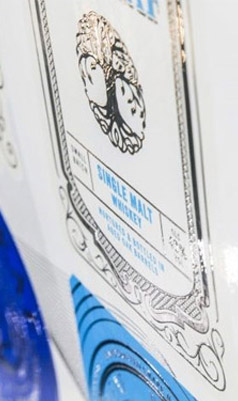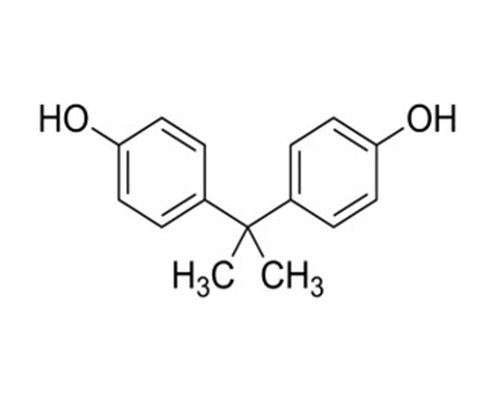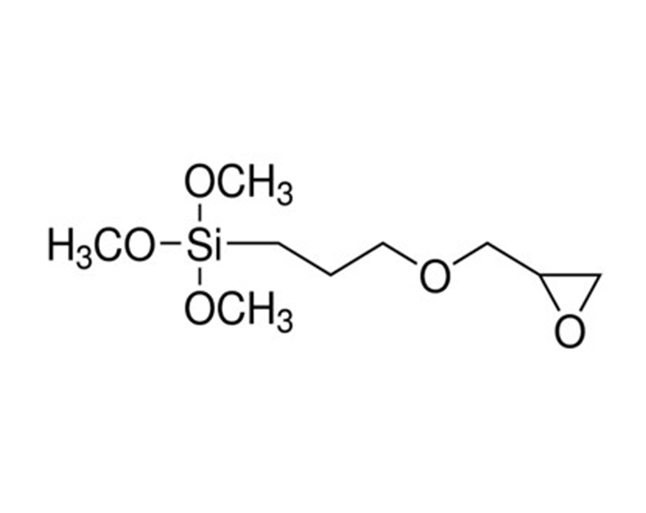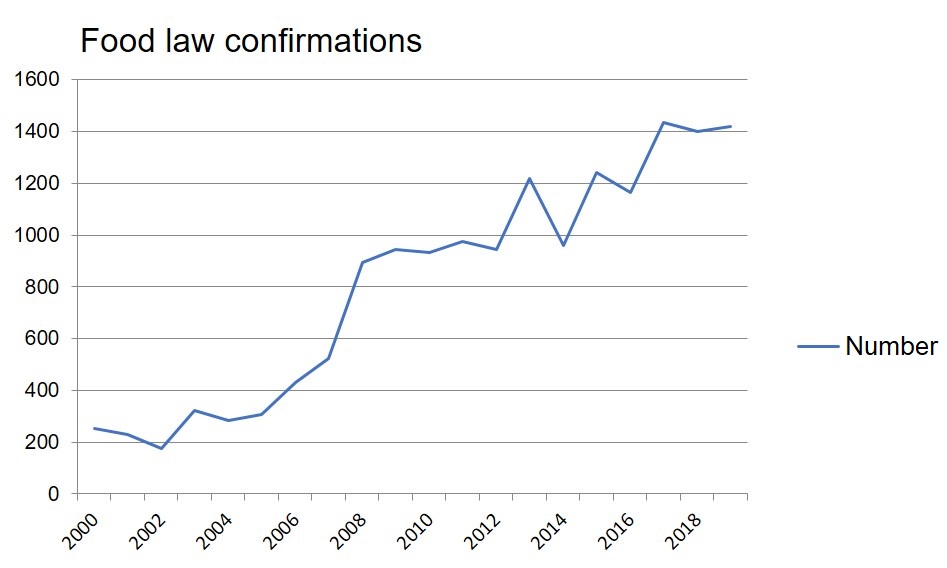

Embalagem Flexível
A ACTEGA é um líder global em embalagem flexível fornecendo tintas, primers, vernizes e adesivos.
DESCUBRA MAIS

A ACTEGA é um líder global em embalagem flexível fornecendo tintas, primers, vernizes e adesivos.
DESCUBRA MAIS

Nosso foco em inovação é a parte central do nosso DNA, por isso investimos intensamente.
DESCUBRA MAIS

A série How-to é uma coleção de conteúdos para ajudá-lo a aproveitar ao máximo todos os produtos ACTEGA .
LEIA MAIS

Nossa meta é sermos climaticamente neutros até 2025. Conheça nosso compromisso com a proteção ambiental.
DESCUBRA MAIS

Descubra nosso calendário com imagens incríveis e acabamentos com efeitos impactantes.
MAISVocê já se inscreveu na nossa newsletter.
act.page.footer.newsletter.message.success.unsubscribed
Continue Shopping
ACTEGA does not wait for legislation, but proactively and consistently changes its ACTEbond® adhesive range to protect consumers.
When it comes to food, packaging is mostly a secondary concern for consumers on a day-to-day basis. Of course, they still expect food to be packed safely. The possible transfer from chemical ingredients to the food comes under particular scrutiny. There are many influential factors involved such as temperature, the chemical and physical structure of the molecules, and the duration of contact between the food and the packaging.
Due to the contact time – which, depending on the packaging and contents, can even amount to several years – particular attention is paid to the packaging with regard to the transfer of chemical ingredients.
There is a long tradition of coating cans of food, for example, with epoxy resins to protect their contents from contamination and conserve them during longer periods of storage.

Bisphenol A
is an input material for epoxy resin coating.
When ingested over the long term in animal tests, BPA shows a hormone-like effect that can impact negatively on fertility, for instance. However, an impact on humans that is hazardous to health has not so far been shown, one reason being the low intake volumes. The European Chemicals Agency (ECHA) has placed BPA on the list of substances of very high concern, due to the endocrine properties identified.
In Europe, BPA has been banned from use in drinking vessels and bottles for babies and small children since 2011. Further legal restrictions on BPA in food packaging are already being discussed in the EU and Switzerland. In France, the use of BPA in drinks cans has not been permitted since 2014, on the grounds of consumer protection.
On October 1, 2020, Germany announced to the ECHA its intention to restrict BPA. The restriction dossier is now being prepared and is to be submitted to the ECHA by October 2021.
A coating/adhesive without BPA as a starting material is referred to as BPA-NI (BPA non-intent). This means that BPA is not added to the product deliberately. The formulation uses only raw materials with declarations of conformity that confirm they are free of BPA.

Other examples of substances used in food packaging are the bonding agents glymo and glyeo. The two substances are epoxysilanes and, due to their properties, can be found in numerous products used in the manufacture of packaging that comes into contact with food.
In 2017, the EFSA (European Food Safety Authority) classified glymo ([3‐(2,3‐epoxypropoxy)propyl]trimethoxy silane) as potentially genotoxic. Due to the very low exposure levels, the EFSA does not currently see any cause for concern regarding safety.
The EU is working on a legal framework for using glymo and similar epoxysilanes. To date, no official draft on this has been published. But it is possible that glymo and similar epoxysilanes will be regulated further in the future.

Conclusion
As a manufacturer of products for the food sector, what matters most to us is ensuring the highest safety standards for consumers.
As a result, one of our core areas of expertise when it comes to food law is always being up to date.
It is for this reason that we do not use any substances that have not been thoroughly clarified as safe for consumers.
Read more about ACTEGA – Laminating Adhesives for Stand Up Pouches
READ MORE



So that no questions remain unanswered.
CONTACT US“ACTEbond adhesives do not use bisphenol A and epoxysilanes and therefore already offer a clear advantage in food safety.
Carolin Bucher Master of Engineering Food Economy, EHSQ / Regulatory Affairs